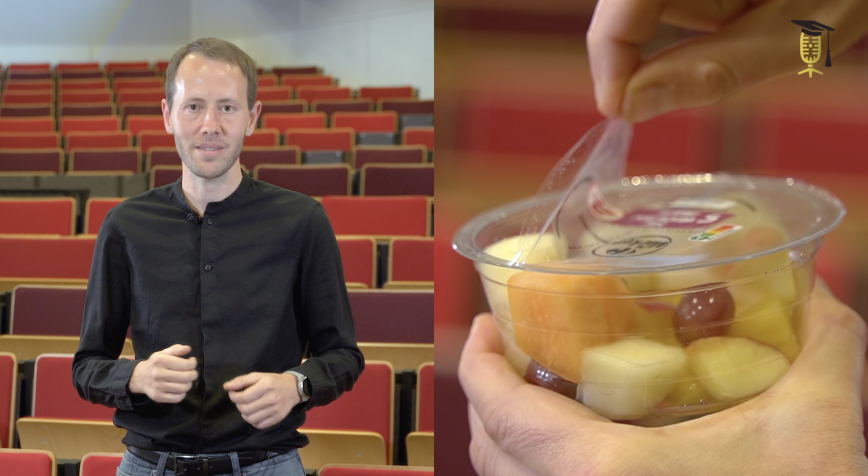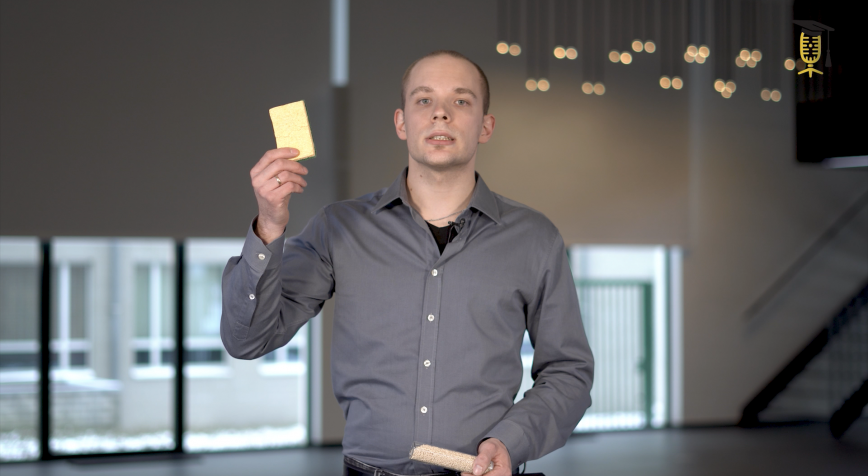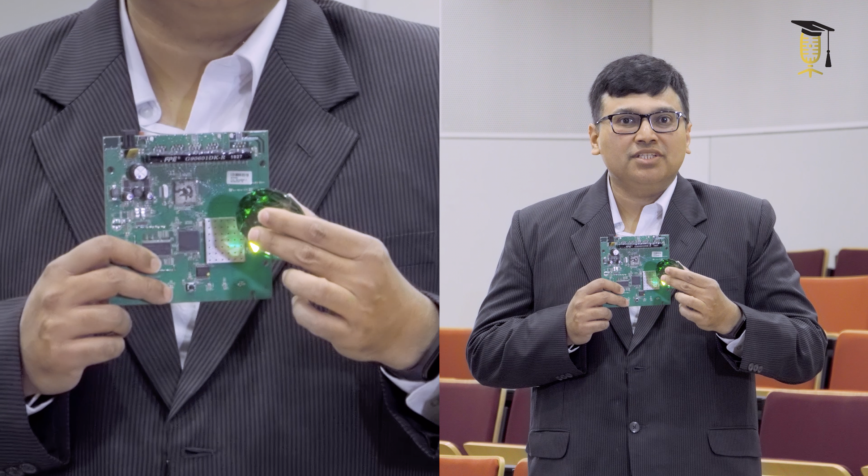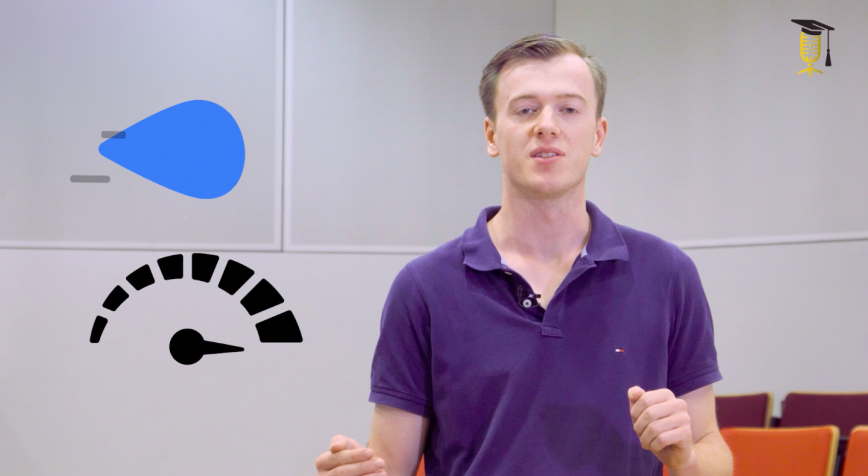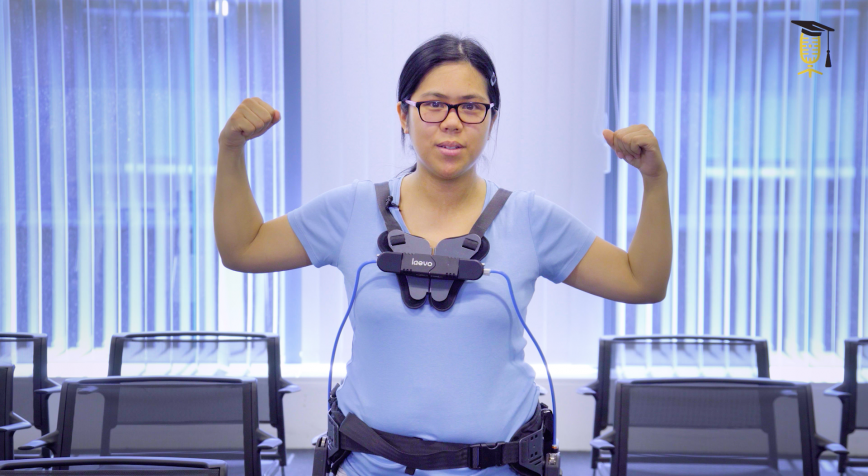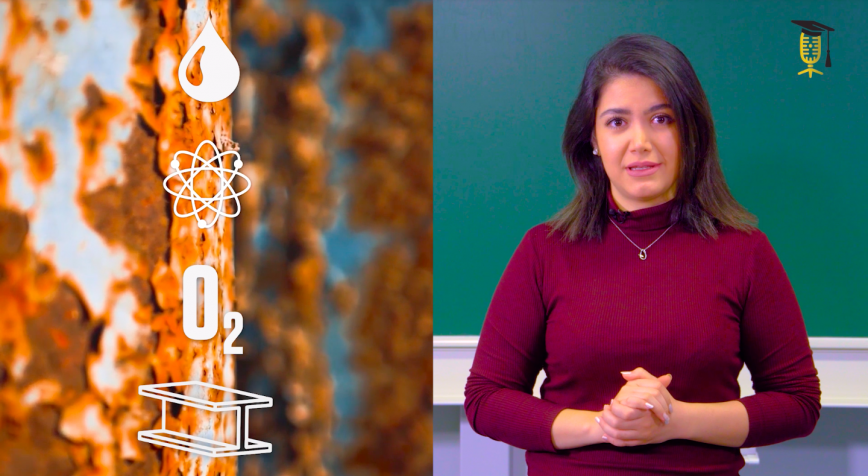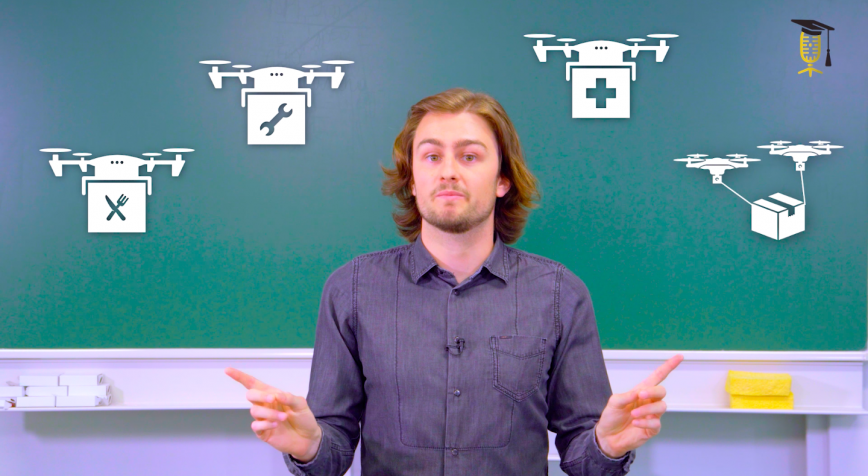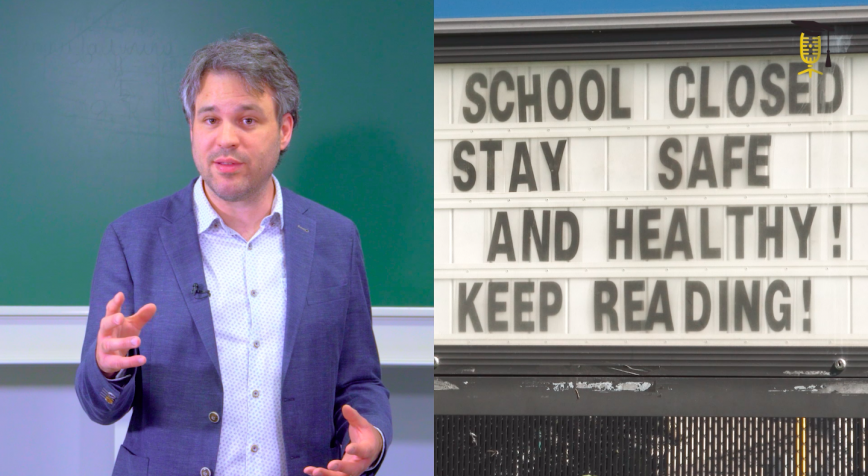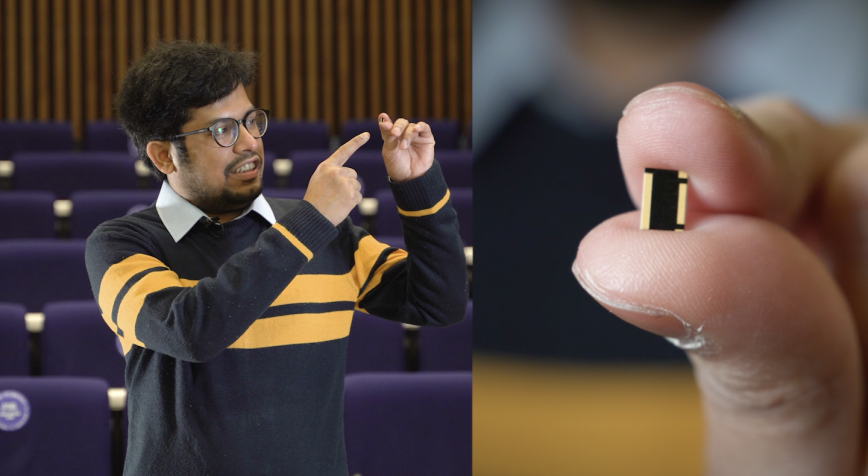
VUB
Are electric vehicles safe with new semiconductors? Let digital twins decide
"As researchers, we are not lucky enough to have the budget to crash hundreds of vehicles to test a new technology." So how can researchers test whether a new tiny semiconductor is safe to use in electric vehicles? For this, Sajib Chakraborty (VUB) developed a digital twin. A what? Watch the video to find out more.
